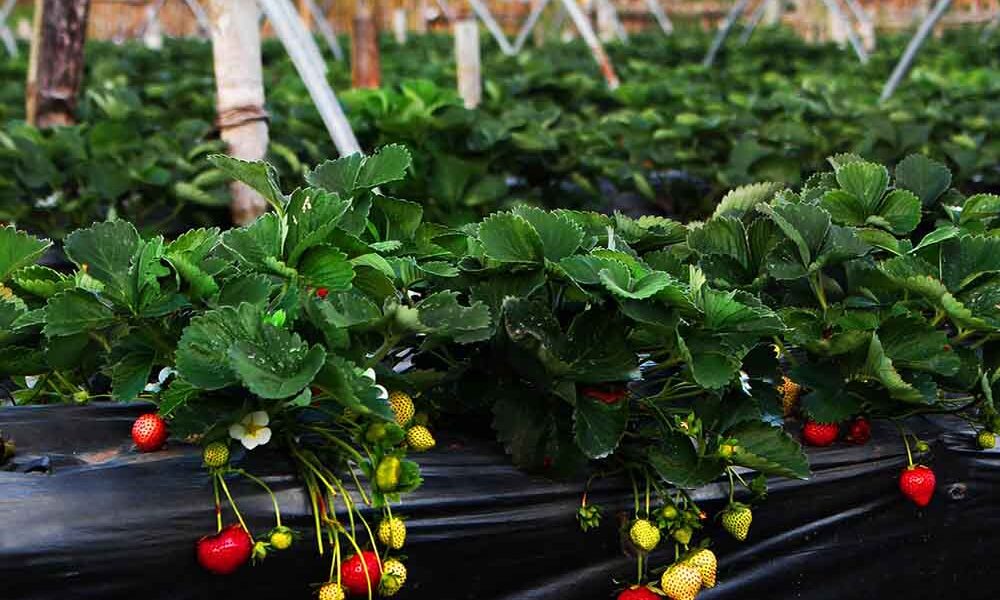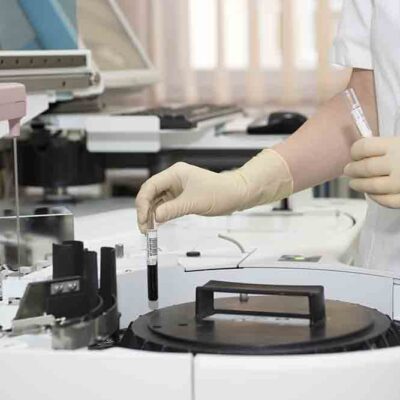

Soil Testing
Healthy soil is the foundation of a productive and resilient landscape. Whether you’re growing fruit trees, vegetables, native plants, or maintaining a regenerative garden, understanding your soil’s composition is the key to long-term success. Soil testing provides valuable insights into nutrient levels, pH balance, organic matter, and potential contaminants—helping you make informed decisions about fertilization, irrigation, and plant selection.
Why Soil Testing Matters
1. Identify Nutrient Deficiencies
Plants need a balanced mix of macronutrients (nitrogen, phosphorus, potassium) and micronutrients (iron, zinc, calcium, etc.) to thrive. Soil testing reveals which nutrients are lacking, allowing you to target fertilization efficiently rather than guessing.
2. Optimize Soil pH for Better Growth
The pH level of soil affects nutrient availability—some plants prefer acidic soil, while others thrive in alkaline conditions. Testing ensures your soil is within the ideal range for your plants, improving their ability to absorb nutrients.
3. Improve Soil Structure & Water Retention
Soil composition impacts drainage, aeration, and microbial activity. A test can determine if your soil is too sandy, too compacted, or lacking in organic matter, helping you amend it for better plant health.
4. Detect Contaminants & Toxins
Urban and suburban soils may contain heavy metals, pesticides, or harmful chemicals. Testing helps ensure your soil is safe for growing food or supporting a healthy ecosystem.
What Does a Soil Test Measure?
A comprehensive soil test typically analyzes:
✔ Macronutrients (N, P, K) – Essential for plant growth.
✔ Micronutrients (Iron, Magnesium, Zinc, etc.) – Supports plant metabolism.
✔ pH Levels – Affects nutrient availability.
✔ Organic Matter Content – Supports soil health and water retention.
✔ CEC (Cation Exchange Capacity) – Indicates soil’s ability to hold nutrients.
✔ Salinity & Toxins – Ensures a safe growing environment.
How to Get Your Soil Tested
- Collect Soil Samples – Take samples from different areas of your yard, digging 6–8 inches deep for accuracy.
- Send to a Lab or Use a DIY Kit – Professional labs provide detailed reports with actionable recommendations.
- Interpret & Amend Accordingly – Adjust fertilization, pH, and soil structure based on test results.
The Benefits of Regular Soil Testing
- Higher Yields & Healthier Plants
- Efficient Use of Fertilizers & Amendments
- Better Water Retention & Reduced Erosion
- Stronger Resistance to Pests & Diseases
Get Your Soil Tested Today!
At Earth People LandCare, we offer comprehensive soil testing to help you optimize your landscape naturally. Whether you’re growing a food forest, regenerating your yard, or troubleshooting plant issues, knowing your soil is the first step to success.
Ready to unlock your soil’s potential? Contact us today to schedule your soil test! 🌱






